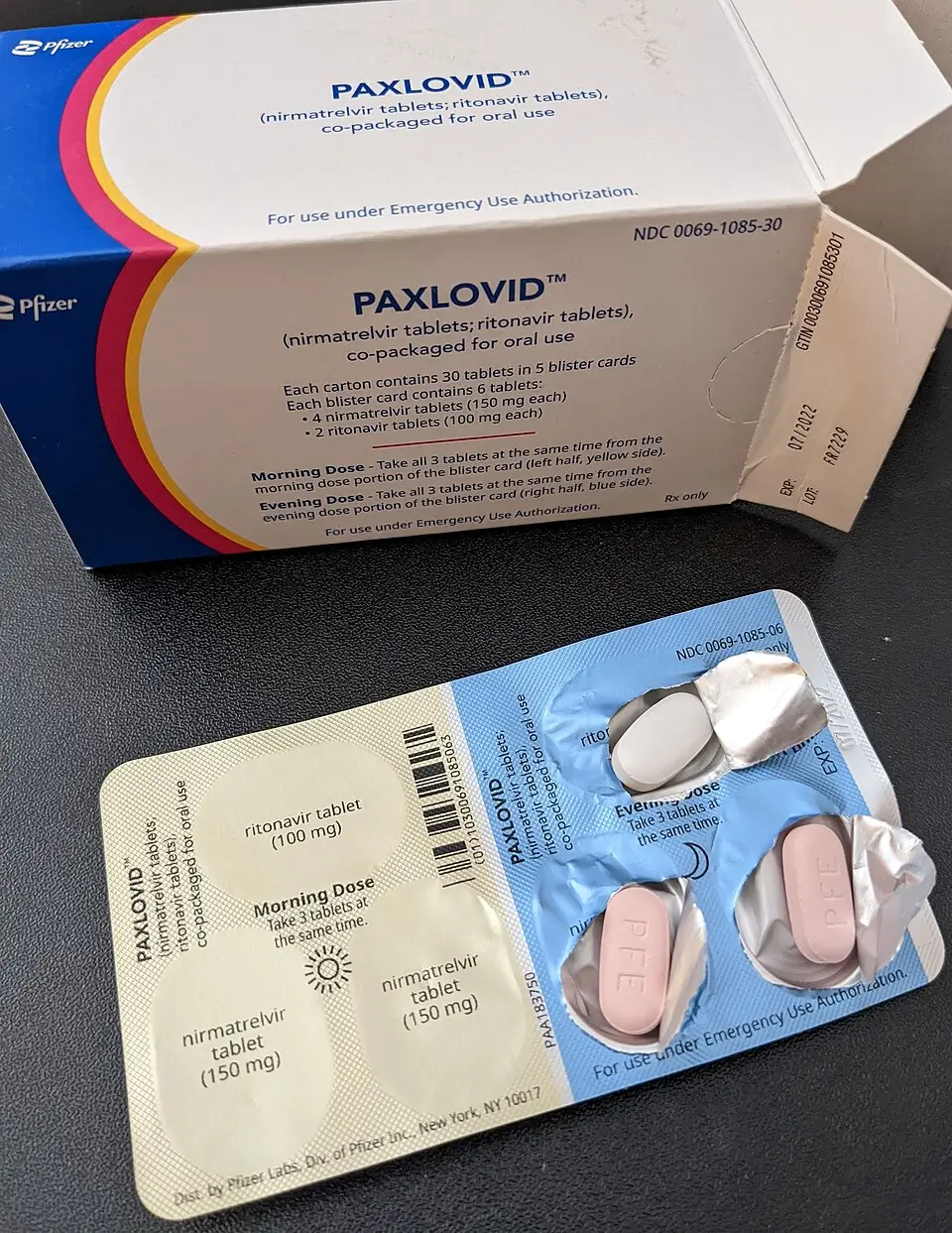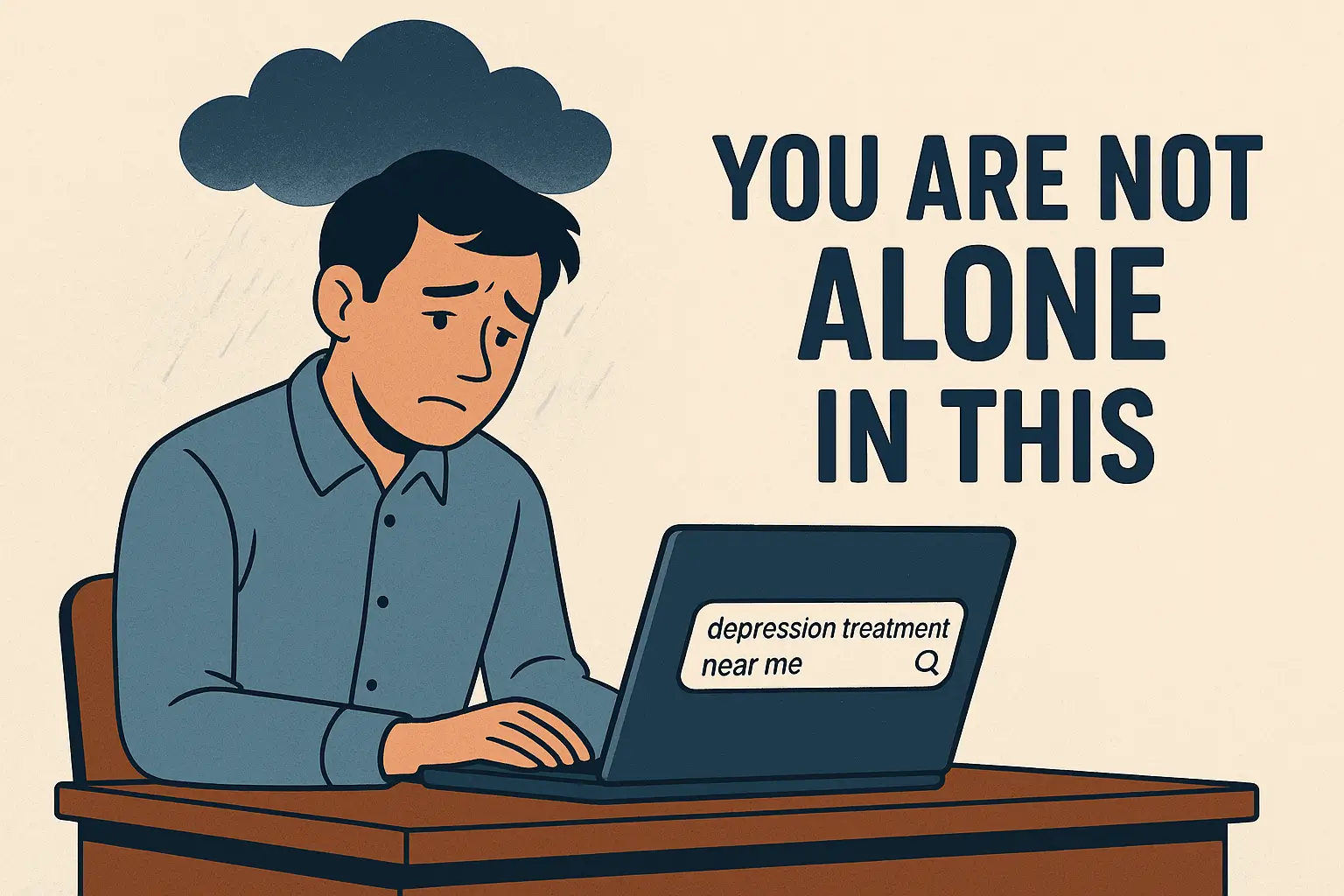Understanding Overdose Reactions
When faced with a situation involving an overdose, the emotional impact on families can be profound. Families often experience a range of intense emotions, including anger, helplessness, guilt, and shame. A qualitative study involving six families with a history of overdose-related deaths revealed that secrecy surrounding drug use followed by death by overdose triggers these emotions and deprives family members of vital information that could have enabled them to take preventive action.
Emotional Impact on Families
The emotional toll on families facing death by overdose is significant. They may feel a sense of anger towards the circumstances that led to the overdose and the inability to prevent it. Helplessness is also common, as family members may struggle with feelings of powerlessness in the face of addiction and the inability to save their loved ones. Guilt can also arise, with family members wondering if there was more they could have done to prevent the overdose. Lastly, shame may be experienced as a result of societal stigma surrounding addiction and overdose.

Good Samaritan Laws
Recognizing the need to encourage individuals to seek emergency help during an overdose, many jurisdictions have implemented Good Samaritan laws. These laws provide legal protection for individuals who call for help during an overdose, aiming to reduce the fear of legal consequences and encourage people to take action. The Good Samaritan Drug Overdose Act, for example, became law in Canada on May 4, 2017, offering legal protection to those who seek emergency help during an overdose event.
The goal of Good Samaritan laws is to save lives by removing barriers and promoting timely access to emergency services. However, it's important to note that these laws may have restrictions that deter individuals from calling for help in emergency situations. For instance, some laws only provide protection from minor drug crimes, leading to reluctance in seeking help due to fear of additional charges, particularly among marginalized groups.
In certain states, Good Samaritans may be required to provide personal information to law enforcement, stay on the scene, and cooperate with officers. While these requirements may vary, they can potentially deter individuals from making the call for assistance, particularly if they fear potential legal consequences or if they have concerns about their own involvement with substances.
It is essential to continue assessing and improving Good Samaritan laws to ensure they truly protect individuals seeking help during an overdose. By addressing the restrictions and barriers, these laws can fulfill their intended purpose of saving lives and fostering a supportive environment for those affected by addiction and overdose.
Seeking Help for Overdose
When faced with an overdose situation, seeking immediate help is crucial to saving lives. Timely access to emergency services and utilizing available resources for overdose prevention can make a significant difference in the outcome.
Accessing Emergency Services
In an overdose emergency, it is imperative to call emergency services right away. In Canada, if you or someone you know needs help with substance use, including overdose prevention, services are available nationwide and can be accessed at any time. If you are in an emergency related to substance use, call 9-1-1 or go to your local emergency department.
Emergency responders are trained to provide life-saving interventions, such as administering naloxone, a medication that can reverse opioid overdoses. They can also provide immediate medical care and transportation to the hospital for further treatment.
Resources for Overdose Prevention
In addition to emergency services, various resources are available to assist with overdose prevention. These resources aim to empower individuals and communities to respond effectively to overdose situations and reduce harm. Some of the available resources include:
- Naloxone Kits: Naloxone is a medication that can temporarily reverse the effects of an opioid overdose. Naloxone kits are available in many communities and can be obtained from pharmacies, harm reduction centers, or through specific programs. These kits are often provided free of charge and come with instructions for administration.
- Harm Reduction Centers: Harm reduction centers play a vital role in providing support and services to individuals at risk of overdose. These centers offer education, counseling, naloxone distribution, and referrals to other resources. They aim to minimize harm associated with substance use and promote health and safety.
- Mental Health Support: Substance use can often be intertwined with mental health issues. Seeking support from mental health professionals can be beneficial for individuals struggling with substance use and related challenges. Mental health services can provide counseling, therapy, and treatment options tailored to individual needs.
- Culturally Sensitive Resources: First Nation, Inuit, or Métis individuals in need of help with substance use can access culturally sensitive resources through programs like the National Native Alcohol and Drug Abuse Program and National Youth Solvent Abuse Program. These programs offer support and resources designed to address the unique needs of Indigenous communities.
By utilizing these resources and seeking help promptly, individuals and communities can take important steps towards preventing overdose and promoting overall well-being.
Remember, if you or someone you know is experiencing an overdose, don't hesitate to call emergency services immediately. Time is of the essence, and acting quickly can save lives.
Legal Implications of Overdose
When it comes to overdoses, there are legal considerations that individuals need to be aware of. While "Good Samaritan" laws are designed to encourage people to seek help during an overdose by providing limited legal immunity, there are often restrictions in place that may deter individuals from calling for assistance in emergency situations.
Good Samaritan Law Restrictions
Despite their intentions, many current "Good Samaritan" laws have limitations that can discourage individuals from seeking help during an overdose. For instance, some states require Good Samaritans to provide personal information to law enforcement, stay on the scene, and cooperate with officers. These requirements can create fear and hesitation, especially among marginalized groups, who may be concerned about potential legal consequences.
Furthermore, certain "Good Samaritan" laws only offer immunity once to the caller and victim. This means that if the same individuals encounter another overdose situation, they may not receive legal protection, which can discourage them from seeking emergency care. These limitations can hinder the effectiveness of "Good Samaritan" laws and prevent individuals from feeling secure in their decision to seek help.
Liability in Overdose Scenarios
The legal implications surrounding overdoses extend beyond the protections provided by "Good Samaritan" laws. Prosecutors have become increasingly aggressive in pursuing and punishing individuals involved in causing an overdose death. This shift in law enforcement practices is due to the alarming rise in heroin use and related overdose deaths.
Under certain laws, individuals can be held liable if they fail to provide sufficient help to someone who has overdosed, even if they were not directly involved in the drug procurement or consumption. For example, abandoning an overdosed individual without seeking help or dumping them outside of emergency rooms can lead to serious criminal consequences.
Furthermore, individuals who play an active role in drug procurement, transportation, or supply can face severe liability. This includes providing a place for drug use, particularly involving minors, which can result in legal consequences if an overdose or death occurs under their care. Engaging in actions that contribute to an overdose, such as providing drugs or drug paraphernalia, can lead to criminal charges, including negligent homicide.
It is essential to understand that legal liability exists for individuals involved in drug-related activities resulting in harm or death. The consequences can be severe, and authorities are increasingly holding more people accountable for their actions in drug-related incidents. It is important to prioritize seeking help and understanding the legal implications to ensure the well-being and safety of everyone involved.
Criminal Prosecution for Overdose
When it comes to drug-related overdoses, there can be legal implications and potential criminal charges for those involved. It is important to understand the consequences and the increasing accountability surrounding these situations.
Drug-Related Criminal Charges
Prosecutors have become more aggressive in pursuing and punishing individuals involved in causing an overdose death. This shift in law enforcement practices is due to the alarming increase in the number of people using heroin and the corresponding rise in overdose deaths. According to the Substance Abuse and Mental Health Services Administration and the Centers for Disease Control and Prevention, there has been a 66% increase in heroin use and a 55% increase in overdose deaths.
Individuals can face criminal charges if they fail to provide sufficient help to someone who has overdosed, even if they were not directly involved in the drug procurement or consumption. Actions such as dumping overdosed friends outside emergency rooms or abandoning them without seeking help can lead to serious legal consequences. Providing an active role in drug procurement, transportation, or facilitating drug use can also result in severe liability.
In cases where it is evident that an individual provided a drug to someone who subsequently overdosed, criminal complaints are almost guaranteed. Charges can potentially include negligent homicide. Authorities are increasingly holding more people accountable for drug-related actions resulting in the death of others.
Increasing Accountability
The legal landscape surrounding drug-related overdoses is evolving, with a focus on increasing accountability for those involved. It is crucial to understand that liability can extend beyond direct involvement in the drug supply chain. Providing a place for drug use, especially involving minors, can make individuals liable in the event of an overdose or death while under their care.
To combat the fear of criminal prosecution and encourage individuals to seek emergency assistance in case of an overdose, many states, including California, have enacted Good Samaritan laws. These laws aim to protect individuals from legal repercussions when seeking medical help for someone who has overdosed. They provide immunity to those who call emergency services or provide assistance in an overdose situation.
Understanding the legal implications of drug-related overdoses is essential for both individuals struggling with substance abuse and those who may encounter overdose situations. By being aware of the potential criminal charges and increasing accountability, individuals can make informed decisions and take appropriate actions to ensure the safety and well-being of themselves and others.
Overdose Fear and Seeking Help
When faced with an overdose situation, fear can be a significant barrier to seeking emergency assistance. The fear of legal consequences, such as arrest or prosecution, can prevent individuals from taking immediate action to save a life. However, the existence of Good Samaritan laws aims to alleviate these concerns and encourage people to seek help in overdose emergencies.
Barriers to Emergency Assistance
The fear of legal repercussions poses a major barrier to seeking emergency assistance during an overdose. Many individuals worry that their involvement in the situation may lead to criminal charges or arrest, causing them to hesitate or delay in calling for help. This fear can be especially prevalent among marginalized groups, who may already face disproportionate scrutiny from the criminal justice system.
Research has shown that secrecy surrounding drug use and the subsequent death by overdose triggers a range of emotions among families, including anger, guilt, helplessness, and shame. These emotions, coupled with the fear of legal consequences, can create a climate of silence and hinder individuals from reaching out for life-saving assistance.
Importance of Good Samaritan Laws
Good Samaritan laws have been enacted in several states and countries to address the fear of legal repercussions and promote timely intervention during overdose situations. These laws provide limited legal protection for individuals who seek emergency help during an overdose, aiming to reduce the fear of police involvement and encourage people to take immediate action.
The Good Samaritan Drug Overdose Act in Canada, for example, became law on May 4, 2017, providing legal protection for individuals who seek emergency help during an overdose. Similarly, many states in the United States have implemented their own versions of Good Samaritan laws.
While these laws have shown to reduce overdose deaths, it's important to note that they often offer protection only from minor drug crimes [3]. This limited scope may still leave individuals concerned about potential charges related to drug possession or distribution. Consequently, some individuals may remain reluctant to seek help due to the fear of additional legal consequences.
In order to maximize the effectiveness of Good Samaritan laws, it is crucial to ensure that they offer comprehensive protection to individuals seeking emergency assistance during an overdose. By expanding the scope of protection and addressing the concerns of potential legal repercussions, these laws can play a vital role in saving lives and encouraging individuals to take immediate action in overdose situations.
Understanding the barriers to emergency assistance and the importance of Good Samaritan laws is essential in combating the fear that prevents individuals from seeking help during overdose emergencies. By fostering a supportive environment that prioritizes life-saving actions over legal concerns, we can work towards reducing overdose fatalities and ensuring the well-being of those impacted by substance abuse.
Substance Abuse Statistics
Understanding the prevalence of substance abuse is crucial in addressing the challenges and ethical concerns associated with it. In this section, we will explore substance use statistics in America and the ethical concerns faced by counselors.
Substance Use in America
Substance abuse remains a significant issue in the United States, with millions of individuals affected by illegal substance use and dependency. Approximately 19.5 million Americans consider themselves illegal substances users, while 22 million Americans are coping with substance abuse dependency issues. These statistics highlight the magnitude of the problem and the need for effective intervention and support systems.
Understanding the scope and impact of substance abuse is essential for policymakers, healthcare providers, and counselors to develop comprehensive strategies and resources to address this widespread issue. By analyzing patterns, risk factors, and trends, professionals can better tailor prevention and treatment efforts to meet the needs of those struggling with substance abuse.
Ethical Concerns for Counselors
Counselors play a crucial role in supporting individuals facing substance abuse issues. However, dealing with substance abuse can present ethical challenges for counselors, particularly when it comes to issues of confidentiality and the duty to protect.
Confidentiality is a cornerstone of the counseling relationship, but it can be breached when a child is in imminent danger. Counselors have an ethical duty to report, refer, and include the family in a safety plan when a child's well-being is at risk [6]. Balancing the need to protect the child with respecting the rights and privacy of the individual struggling with substance abuse can be a delicate ethical consideration.
Additionally, each state has different laws and regulations regarding confidentiality and privilege, including confidentiality for minors. Counselors must familiarize themselves with these laws to ensure they are providing appropriate care while adhering to legal and ethical standards.
By understanding the ethical concerns associated with substance abuse, counselors can navigate these complexities while providing crucial support to individuals seeking help. Open communication, ongoing professional development, and a commitment to ethical guidelines are essential for counselors to effectively address substance abuse issues and ensure the well-being of their clients.













